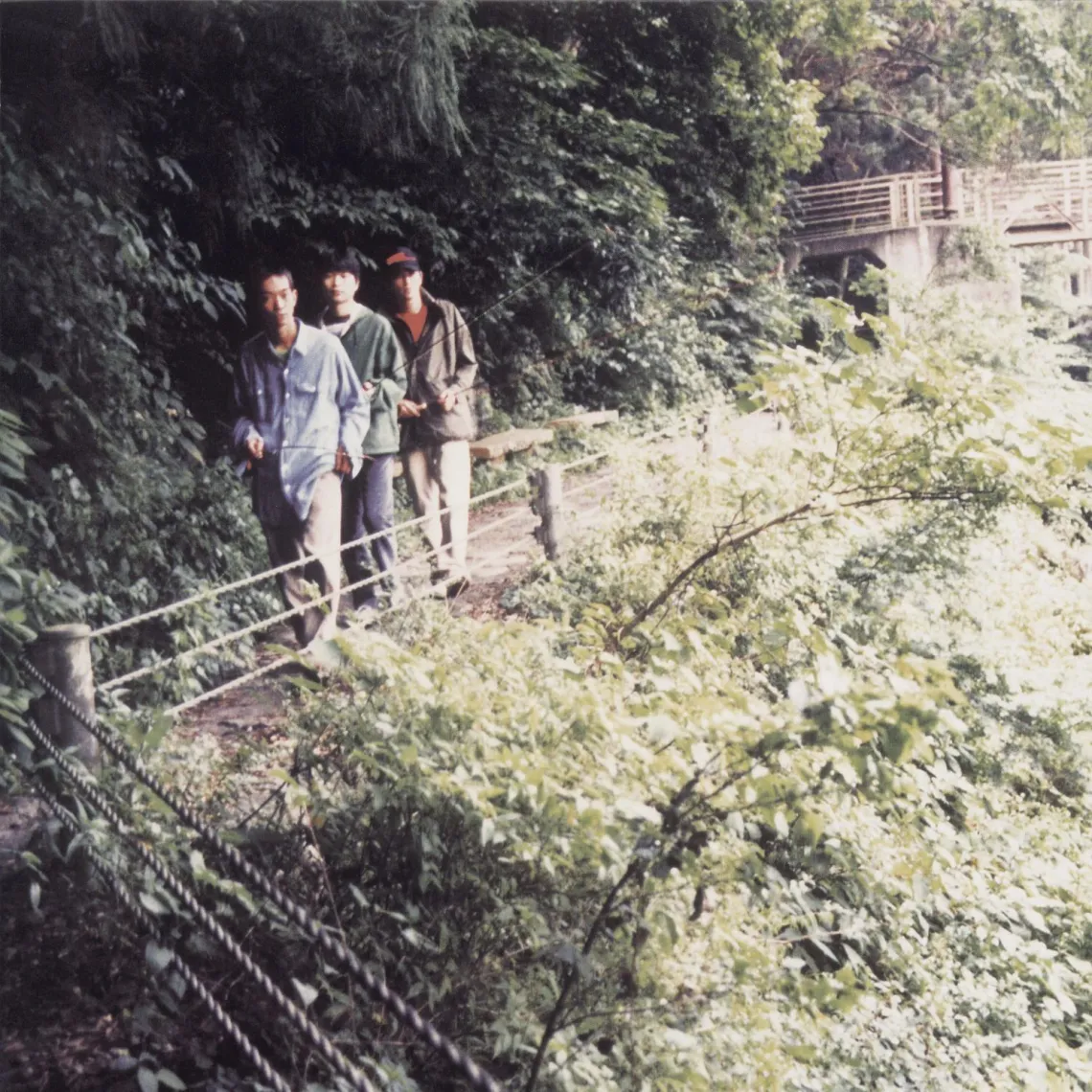
Long Season - we are half in a dream.
When to Listen: Walking through the woods
Accesability: Semi-Accessible
TLDR: Nature in rhythm.
Is Long Season an album? a song? an EP? - Honestly it defies categorization, and probably most mimics modern classical music. Clocking in around 36 minutes long, this album from the Fishmens almost defies words, its a love song, a requiem and a dream all at once. The first time I heard it, I wept, I danced, and I aspired.
The Fishmans are an interesting band - hailing from Japan they defy traditional classification. Not quiet pop, not quiet prog, not quite psychedelic and too strange to be mainstream - they ended being a band that defy genera, and yet define them. Arguably a band who helped defined "Dream Pop" as a genera, Long Season stands as that pivotal moment from when they went from interesting side note to something more. The moment they helped define a type of music.
Long Season is an album that sets out to celebrate the intersection and overlap of humanity and nature. It clearly plays with the notion of seasonality and death and rebirth - framed as a five piece construct which winds around the idea of a core melody that is modified and derived, till it is no longer recognizable (in part 4) and ultimately resolving back to the main theme of the album/song. Nature reflected through the pieces composition.
The album opens with a simple melodic baseline that establishes the core melody throughout the movement. The baseline is quickly added with additional instruments that drive a fuller sound, only to be muted by the keyboards with their familiar melody and arpeggiated chordal progressions that haunt this album. In theses first moments the tone is set around a dream like yet driven environment - bolstered by lyrics that play with contradictions and melancholy,
Just as you think you may get bored, the album simplifies, removing sound then layering all while playing in the space in between - while asking - what do you remember? what do you sing? And so we reprieve the main melody. Part II is upon us. Part two is a re-framing of what we heard in part one, bouncing between "What do you remember and what do you hear?" the core melody decomposes - while still be haunting by the arpeggiated chords - this time augmented by the groaning, streaking sounds of the singer- asking, yurning, wanting. The groove never feels abnormal or wrong, it just continues while the singers belt and the percussive drums march on - the base 3 notes of the movement - stripped.
And we enter Part III - the breakdown. A haunting melody played with a set of keys, and a percussive element of a snare with the sound of water, moving into a melodic decomposition framed against the sound of dripping water. And then, as quickly as you feel relaxed, it is totally decomposed and destroyed through an abrasive set of drums and chimes all pushing toward something but while hinting at a time long gone
Welcome to Part IV. Part IV can only be described as a percussive assault, totally losing all narrative and form from the previous segments. Reverb on overdrive and an unrelenting assault of distorted percussion collides with the structure and composition of the parts before - then it ends. Silence, then a pulse. The rebirth is upon us - and we reprieve the main melody again, coming back into focus. Met with a melodic chanting and whistling coming back to life from what was a bleak wasteland. It feels like a dream , reborn and is met with the repeated lyrics "In a dream"
Then we return Part V haunts with he familiar arpeggiated chords from the previous parts, but contrasted with shrill violins - out of tune and harmony and we are back where we started, only to be rounded out by the one and only guitar solo in the album, then we end.
In all honesty, I cried the first time I heard this album. The ability to layer onto it self, its telling of birth, death, rebirth (through its cyclical movement). The haunting vocals, the decomposition and the simplicity are fundamentally moving. At the end you are left asking was this a dream?
